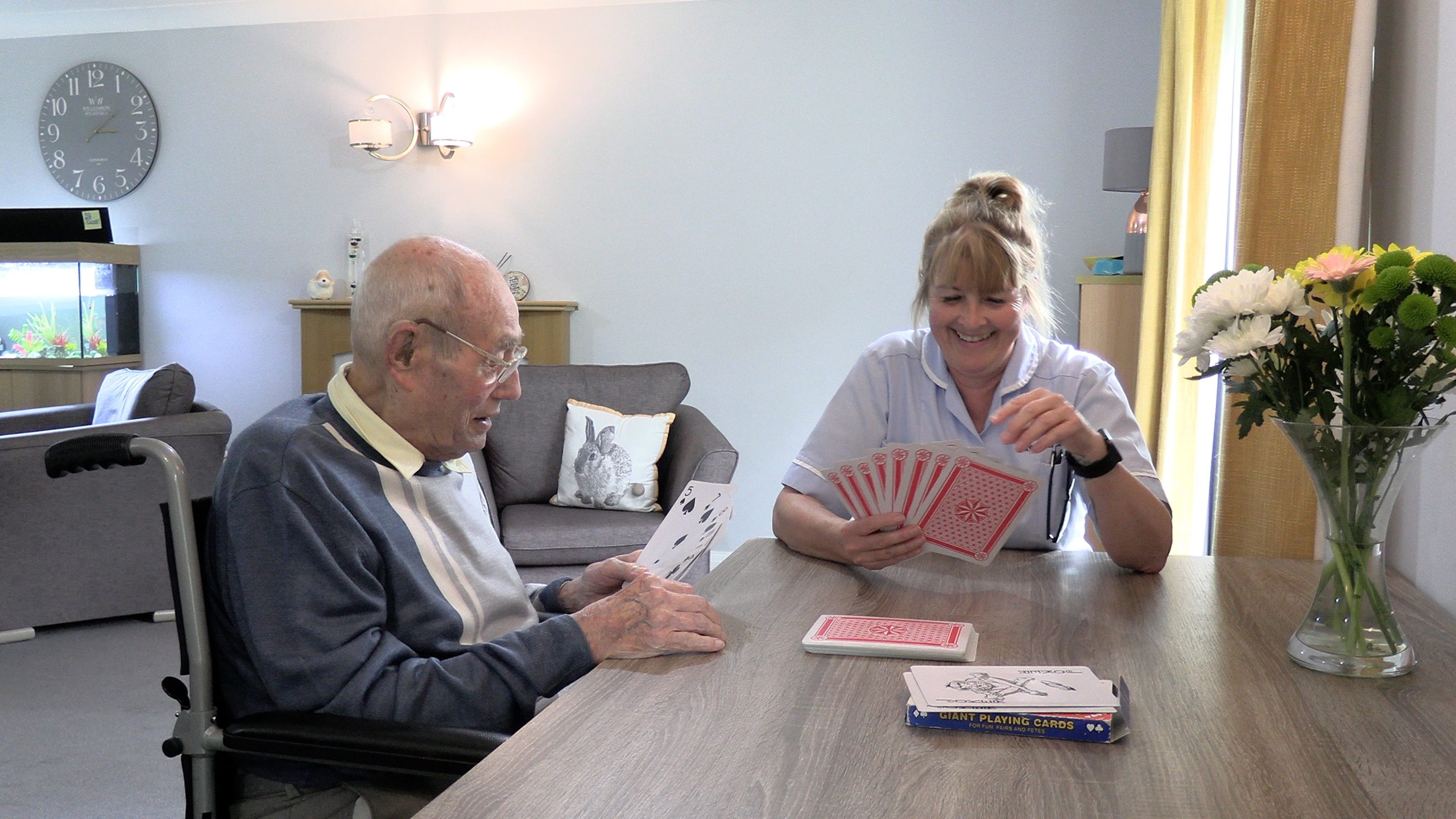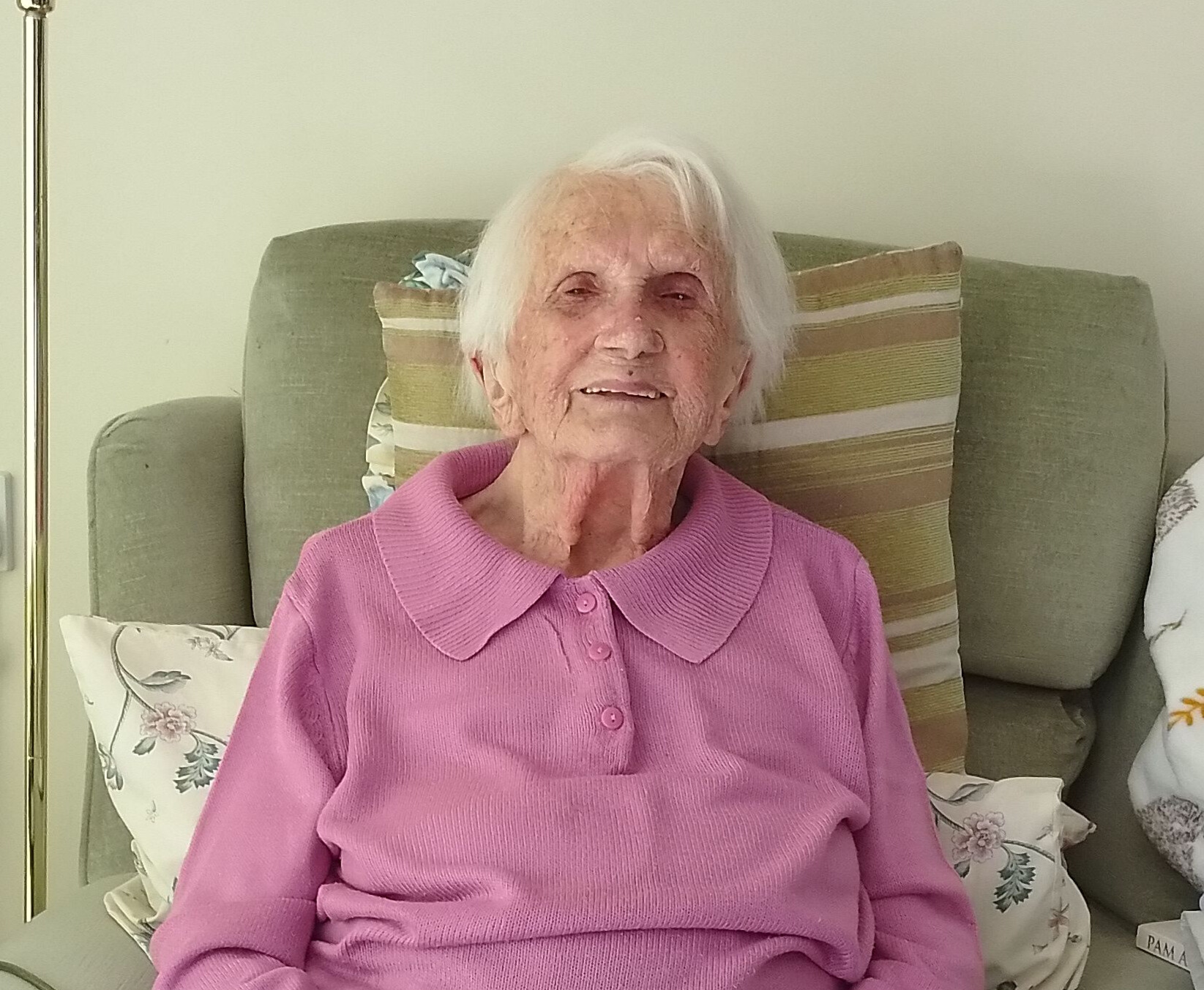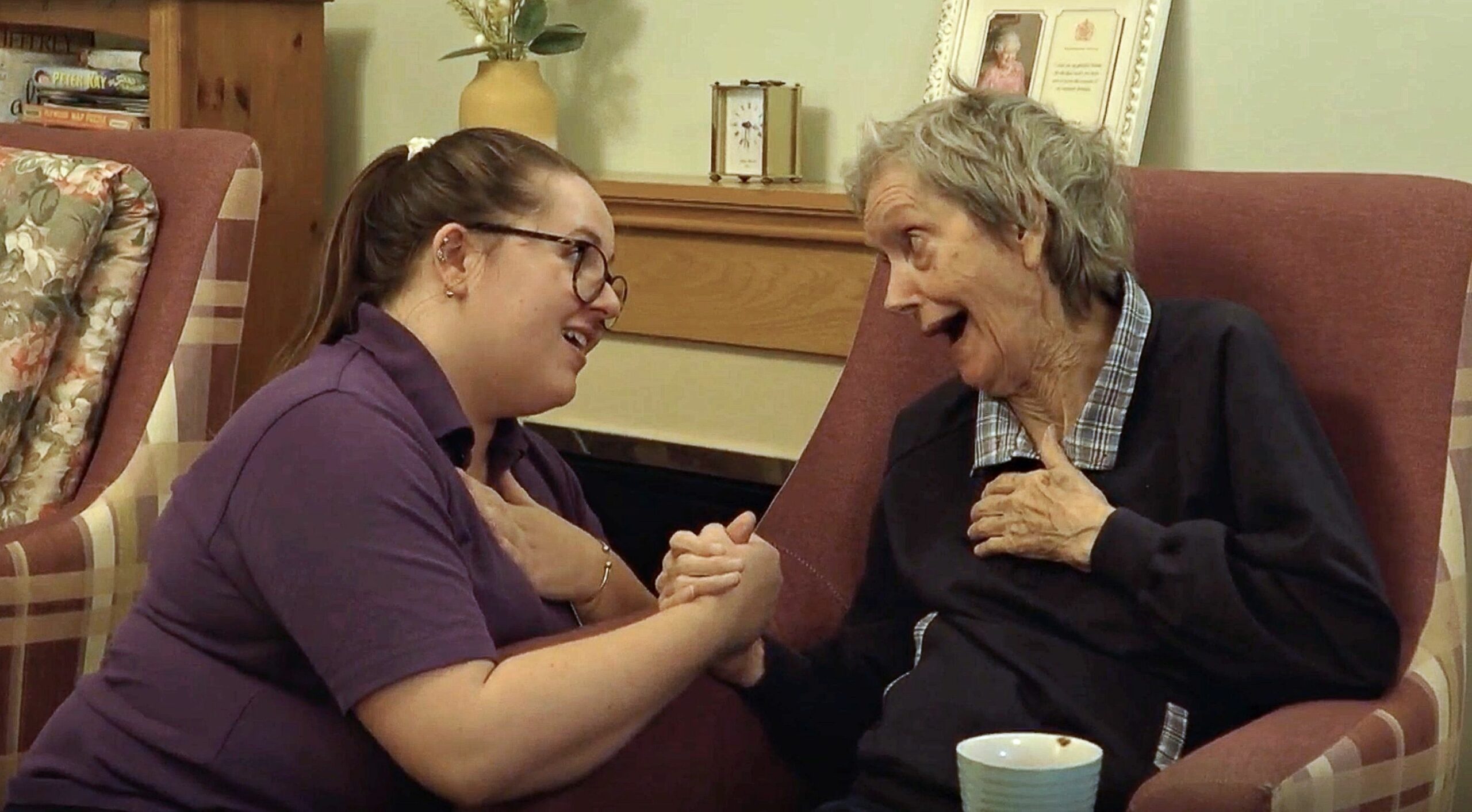Care homes are as individual as the people who live in them.
Talking about care homes can be a very emotive subject . But there are plenty of sources of information available to help you make the right choice for yourself or a loved one.
Conversations about care homes usually start with “We don’t want mum/dad to go into a home.”
It’s interesting to explore the reasons for this initial statement. Usually, it is due to the fact most people have no real experience of care homes. So of course, media coverage can colour their perceptions. Or perhaps they (and their parent) see care homes synonymous with loss. This can be loss of independence, choice and control, but also of memories and history.
There is also a real concern that choosing a care home is accepting ‘second best’.
Positive choice
Therefore, how do we promote the idea of care homes as a positive choice? What might be gained from living in a extra care home? The three reasons residents tell us again and again are safety, security and community. This ranges from making new friends to feeling safe at night if they need help. They can also enjoy quality visits from family members, who no longer need to spend time providing care or doing jobs or chores. Instead, they can simply enjoy being with their loved one.
For those deciding if a care home is the right step, the next conversations are often about what to look for in a care home. Whether seeking residential, nursing, end of life (palliative) or respite care, care homes are as individual as the people who live in them. It is not really about the building – it is about the quality of the relationships between residents and staff, which underpin good care.
We also provide dedicated dementia care in several of our Brendoncare homes.
Care Quality Commission (CQC) inspection reports can sometimes deter potential residents. But a ‘requires improvement’ grading does not necessarily mean the care home in question won’t be a good place for your mum or dad. If the home has a less than positive CQC report, then how does the home manager respond? If improving and learning are part of the culture of the service, the home is much more likely to deliver quality care than one that is resting on its laurels.
Every day, lives are enhanced by great services in care homes. Families thank staff for the wonderful care they provide in the most challenging and difficult circumstances. That is what we should all be talking about to our families and friends.









